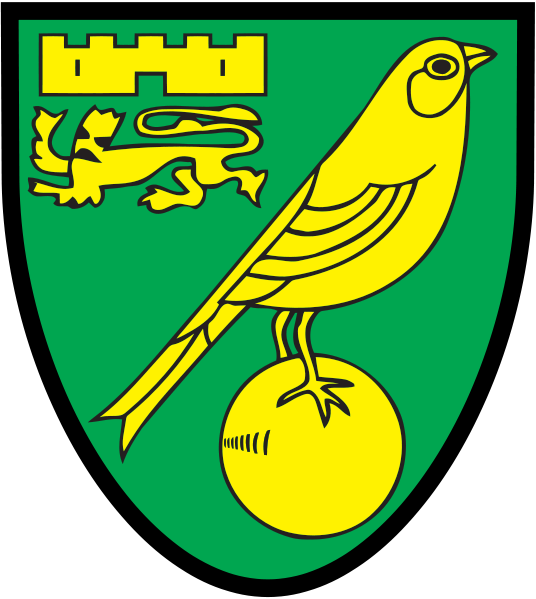Declan Rudd, the former Norwich City goalkeeper, has courageously shared his personal battles with mental health, highlighting the transformative role counselling played during his football career. The 30-year-old, who hails from Diss, made over 270 appearances for clubs including Preston North End and Charlton Athletic, faced an unexpected end to his playing days due to injury. Now, he has returned to Norwich City as the head of academy goalkeeping, where he mentors young talents navigating the pressures of professional football.
Rudd's tenure at Preston was marked by impressive performances, yet behind the scenes, he struggled with significant mental health issues. It was during this challenging period that he sought support from the Professional Footballers' Association (PFA), a decision that proved pivotal in his recovery. “One of the lowest points for me was actually whilst everything was going great, probably a few years before the injury,” Rudd reflected. “It was after the birth of the second child, I was living away from home, which put a lot of pressure on my wife... My football was actually probably the best it’s been. But that was my release. My only release was the games.” Read more about Sargent Shines as Norwich's Striking Future Takes Shape.
Rudd candidly shared his initial reluctance to seek assistance, stating, “I hated getting up in the mornings to go to training. Didn’t want to get out of bed.” It was only after his wife encouraged him to seek counselling that he began to confront his challenges. “So I contacted the PFA. Within 24 hours, I had a one-to-one counselling session... It pulled me out of that headspace, which was amazing, just being able to speak to someone,” he explained.
Through therapy, Rudd discovered that many of the issues affecting his mental health were not directly related to football. “I was speaking about everything else and realised loads of different things that have happened throughout my life that caused this situation,” he added. This insight allowed him to confront the underlying factors contributing to his struggles.
Rudd’s football journey began at Norwich City, where he rose through the ranks and made his debut in September 2009 against Gillingham. He accumulated 14 Premier League appearances for the Canaries before transferring to Preston after a loan spell at Charlton. Despite his achievements, he battled insecurities and self-doubt, particularly while representing the club he supported as a child. “When you’re younger and you come through and you start playing for your club that you’re a fan of as a kid, everything’s amazing,” Rudd explained. “But... when the club is in probably the biggest league in the world and we’re not one of the bigger clubs in that league, things get hard.” Read more about Cordoba Injury Raises Concerns for Canaries Ahead of Fixtures.
The rise of social media has intensified the pressures on players, making it increasingly difficult to evade public scrutiny. Rudd recalled, “I never had Twitter when it was around before it was X, but I would still, after every game, look at my phone, search my name and see what people were saying about me, which is the worst thing that anyone could ever do.”
As he now guides young goalkeepers at Norwich, Rudd is eager to share the lessons he learned from his own experiences. “I think it’s one of the main reasons I wanted to become a coach is to help teach them all the things that affected me,” he said. He acknowledges that the role of a goalkeeper can often feel isolating, where a single mistake can overshadow a series of commendable performances.
“The hardest thing I think for goalkeepers is that unless you’ve been a goalkeeper or you’re a goalkeeper coach, you don’t actually understand goalkeeping,” Rudd noted. “But you still want to listen to what they’re saying, which sounds crazy. But unfortunately, that’s how my mind worked at the time.”
By sharing his story, Rudd not only raises awareness of the mental health challenges faced by athletes but also emphasises the vital importance of seeking help. His transition from player to coach serves as a crucial reminder that mental well-being is as essential as physical fitness in the demanding arena of professional football.
